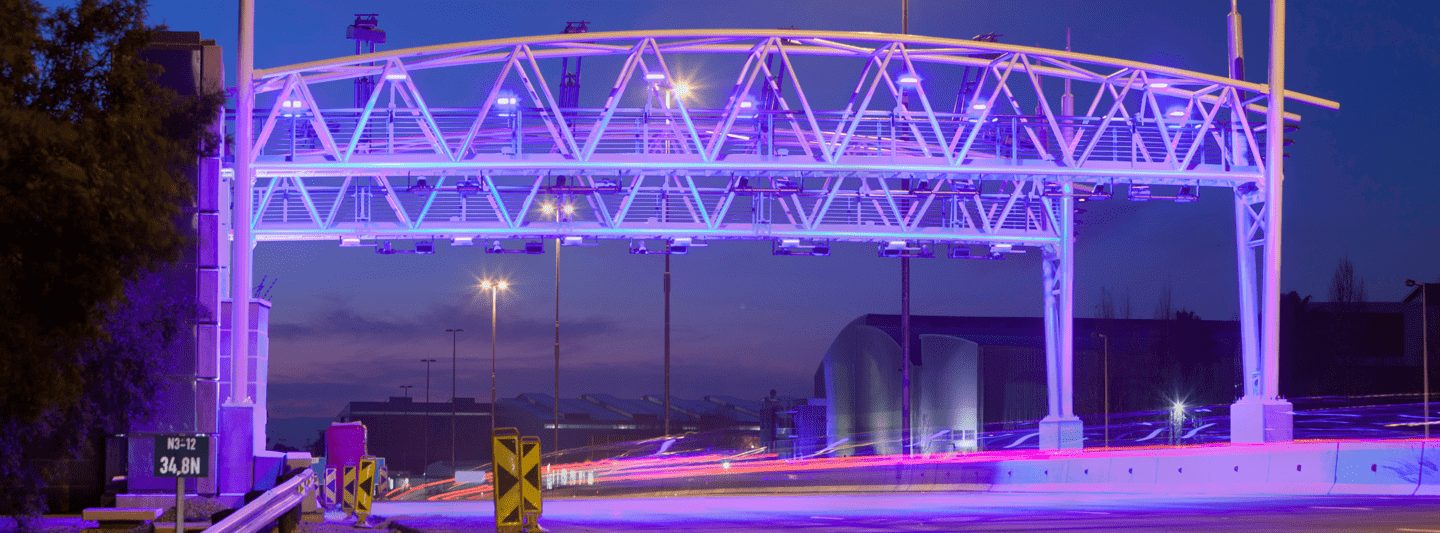
The Future of Tolling: Innovations in Toll Management Technology
The world is changing rapidly and so is the way we travel. One aspect of tourism that is constantly growing is the toll industry. Gone are the days of long queues and manual tolls. Thanks to the development of technology, charging has become more efficient and user-friendly.
One of the most important innovations in toll management technology is GPS-based contactless and cashless toll collection. With this technology, toll collection is fully automatic and drivers do not need to manually park and pay tolls. Instead, tolls are collected electronically through a driver-created account linked to their vehicle’s GPS. When the driver passes through the toll booth, the system automatically deducts the toll from the driver’s account. This contactless and cashless system not only reduces congestion and travel time but also reduces the risk of human error and the spread of infectious diseases.
Cashless payments are becoming increasingly popular in many parts of the world, and it’s easy to see why. The system reduces traffic congestion and toll costs while providing drivers with a seamless and hassle-free experience. The technology is used in several countries, including the United States, and has been successfully implemented in many states. Another area where technology is changing the tolling industry is smart tolling. Smart tolling refers to the integration of various technologies such as electronic toll collection, automatic payment systems and traffic management systems. This integration allows toll operators to monitor traffic flow and manage tolls.
Automated payment systems are another exciting development in ticketing technology. These systems allow drivers to pay tolls using their mobile devices without using cash, credit cards or even accounts. The system uses a technology called Near Field Communication (NFC), which enables the communication between two electronic devices in close proximity. Looking ahead, we can expect several new developments in toll management technology over the next few years.
One of these innovations is dynamic tolling, where toll rates change depending on the time of day and traffic volume. The system encourages drivers to travel off-peak, which reduces traffic congestion during peak hours.
Another development we can expect is the integration of payment systems with autonomous vehicles. As autonomous vehicles become more common, toll operators will need to adapt to changing technologies. The integration of toll collection systems with autonomous vehicles will enable seamless toll collection, reducing journey times and increasing efficiency. In conclusion, the future of charging looks bright as technology is advancing rapidly.
GPS-based contactless and cashless toll collection systems have revolutionized the industry by reducing congestion and driving time while providing drivers with a hassle-free experience. Moving forward, we can expect more innovations such as smart tolls, automated payment systems, dynamic payment systems, and the integration of toll systems with autonomous vehicles. These developments will not only improve the efficiency of tolling but also improve the overall travel experience for drivers.

